In 23185, Saige Holt and Russell Rangel Learned About Are Grass Clippings Good For Your Garden companion plants - small yard big dreams
Finally, you slide additional wood pallets over each of these supports. Your bin is all set for compost! Feed your compost heap in meals, not just treats Remember that the more that you contribute to your stack at the same time, the more it heats up. Heat is extremely great for garden compost.
The optimum temperature for your garden compost stack ought to be in between 120 to 160 degrees F. This is when the product disintegrates the fastest. While a lower temperature level will still allow for decomposition, it will take much longer. There are compost thermometers you can purchase to measure the core temperature level of your garden compost bin or stack.
When it's done, your compost heap must not just appear like rich, dark soil, it must also feel and smell like it, too. You shouldn't have the ability to see any residues of items that you take into it. You may likewise discovered that ended up compost will be usually half of the volume of the items you began with, but it's likewise denser.
Having the ideal mix of waste materials, moisture and air can make for a much faster compost heap. This page has to do with composting suggestions and techniques. March 9, 20100 discovered this handy Keep it damp, for more info go to-how to compost, all the best. March 15, 20100 found this useful Turn it several time a week and keep it moist but not leaking.
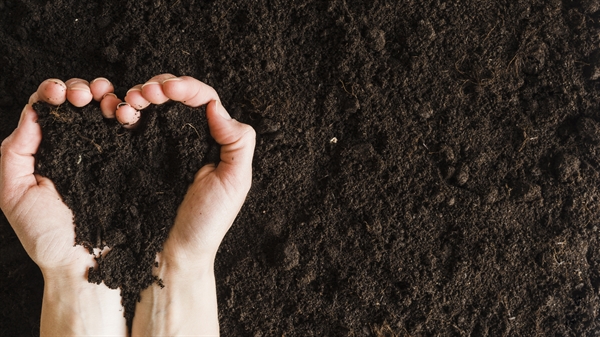
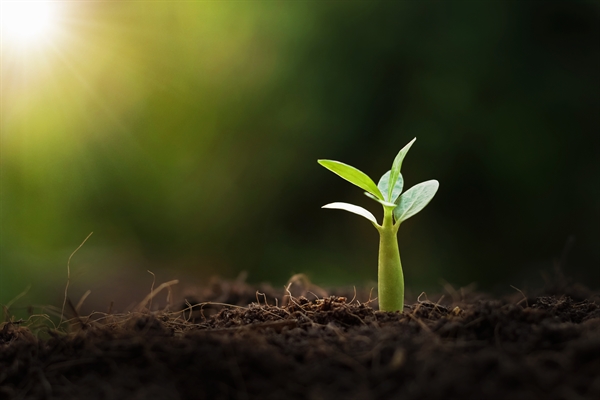
You'll know it is completed when it no longer is as hot when you turn it. If your yard clippings were green and not dry, this stack is going to be very high in nitrogen sources and lacking in carbon sources. Do you have any fallen leaves, shredded paper, wood chips, or other low-nitrogen waste you can include to it? High nitrogen stacks tend to be more foul-smelling, if I remember properly.
I do not have organic eggshells to compost. I've checked out about so many eggs having disease. If I hardboiled eggs, then I put the eggshells in the garden compost due to the fact that the eggshells have actually been boiled. However, numerous times I utilize eggs out of the shells, so I have actually been cleaning the eggshells in the dishwater and rinsing them clean after I am done doing the dishes.
Every year, American customers, services, and farms invest $218 billion growing, processing, transferring, and getting rid of food that is never consumed. That's 52 million tons of food sent to land fills annually, and 10 million lots that go unharvested or disposed of on farms. You can do your part to eliminate food waste by composting fruits and veggies from your kitchen area.
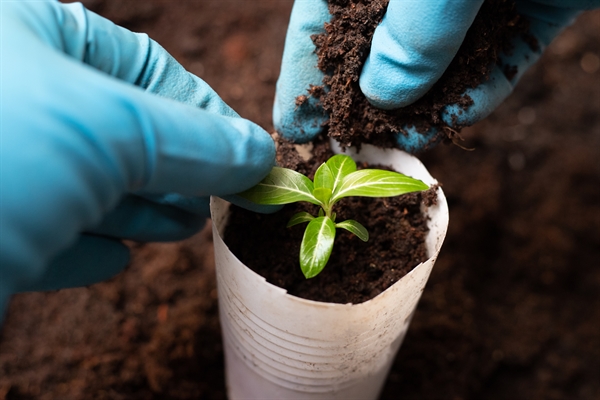
Win-win! Here are some tips for making garden compost. Compost heap, tumbler, or worm bin? Everything depends upon your space and readily available time. A compost pile is excellent for those with lots of waste and backyard area. A tumbler will do in simply about any size backyard, and a worm bin can fit even in the smallest home, although it will require more attention (you're handling animals, after all).
Get the mix right. Whether you're tossing food on a pile or feeding worms, the rules about what to include to your garden compost are usually the exact same. Initially, make certain you have the appropriate ratio of "green" (food scraps) and "brown" (leaves or paper trimmings). Never ever include pet waste, plastic, animal items or fat, chemically-treated items, or weeds.
In 8054, Xavier Gilmore and Samuel Floyd Learned About Trimmed Grass
Consider your worms vegan. For worm compositing, an excellent guideline is: don't provide any active ingredients to the worms that you would not feed to a vegan household member. Bear in mind that these are living animals (here's a good list of foods worms like and do not like). Keep it aerated. Pests and diseases will take off in a composting setup that isn't properly aerated and stabilized.
One sign: the odor. If it's funky, you'll require to make changes. Good garden compost smells fresh. Break it down initially. Food scraps and yard waste that's too large or hard will take a very long time to break down. Cut the scraps into smaller pieces first before putting on your pile to accelerate the procedure.
Know when to harvest. Great deals of garden compost tumblers feature two chambers so that after you've filled one with the right mix of leaves and food scraps, you can leave it be for a couple of months while contributing to the other chamber. Worms too, will take about 3 months to convert a continually fed quote from food waste to garden compost.
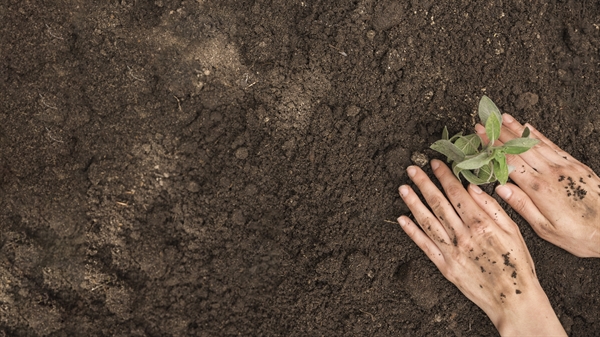
When you produce your own compost, you'll get the advantage of healthy fertilizer for your garden. Completed garden compost needs to look like dark soil, smell fresh, and have no food scraps left in it. If you're not into gardening, you might constantly utilize a composting get or drop off service. Some towns even have curbside garden compost! ___ PHOTO: kitty meets goat/Flickr.

Suggestions to make your garden compost making a success. These can be contributed to your garden compost load however the best use of them is to make leafmould. Stuff wet leaves into black plastic sacks (loosely tied), or an open wire mesh container. The resulting leafmould is prepared to utilize after a year or more.
Alternatively, leave on the lawn whenever possible - they will quickly disappear and feed the grass; this will not trigger 'thatch'. Can also be mixed into a leafmould stack, or utilized directly as a soil mulch. Plant materials struggling with soil-borne illness such as clubroot and white rot need to not be contributed to a compost pile.
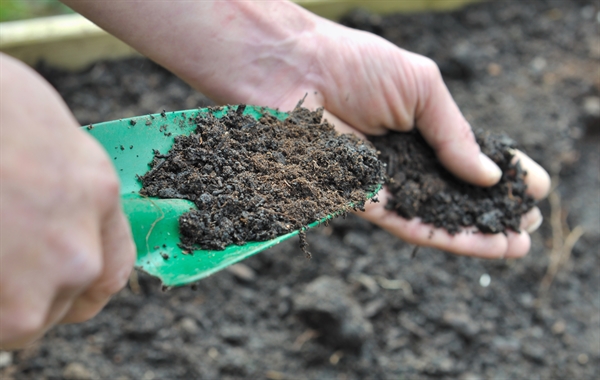
Illness that do not need living matter to make it through, such as grey mould, mildews, and wilts, may make it through in a cold load. But heat is not the only element that will eliminate diseases: the intense microbial activity in a garden compost load likewise assists to get rid of them. Some illness, such as tomato and potato blight require living plant tissue to make it through and will not last long without it.
If in doubt, leave it out. Problem products can be sent out to your local council green waste recycling facility where the composting techniques are hot enough to eliminate any problem organisms. that do not need living plants to endure - grey mould, mildews, wilts - might endure in a slow, cool stack.
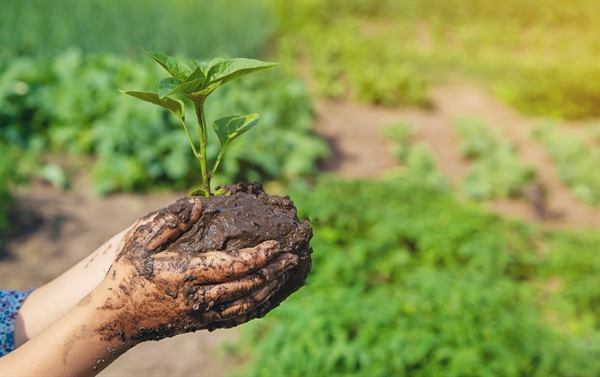
Some seasonal weeds will be killed in a hot stack; prevent really consistent scaries such as celandine, docks, round buttercup, ground senior and bindweed. Don't burn or discard these weeds - they are abundant in plant foods. Mix with yard mowings in a plastic sack. Connect it up and leave for a couple of months up until the weeds are no longer recognisable, then include to the compost heap.
In Stafford, VA, Elisha Ewing and Kassidy Clements Learned About Are Grass Clippings Good For The Garden
Weed seeds may endure a cool stack, but should be eliminated in a hot one. If your compost tends to grow weeds, dig it in instead of spreading it on the soil surface. Chop or shred tough prunings and clippings from evergreen hedges prior to contributing to a combined compost stack.
Mix with grass or other activating product; water well. Tread down the load, then cover. In anything from a couple of months to a few years you will have a coarse mulch which can be used on perennial beds. Strawy horse and cattle manure composts well. Manure combined with wood shavings ought to be left to rot till the shavings have decayed.
When decayed usage as a surface mulch. Little pets, like hamsters, don't produce numerous droppings however you can still utilize their waste as a strawy addition to the compost pile. Guinea pigs are wonderful - they love eating weeds and convert them rapidly to prime compost material! Newspaper can be included to a compost load, however in any quantity it should choose recycling into more paper.
They are especially beneficial where kitchen area scraps make up a high proportion of the compost ingredients. Glossy paper takes a long period of time to rot down. Coloured inks are quite safe to compost. Really sluggish to decay. Raw or uncomposted wood shavings incorporated into the soil can lock up soil nitrogen, making it not available for plants for a year or more.
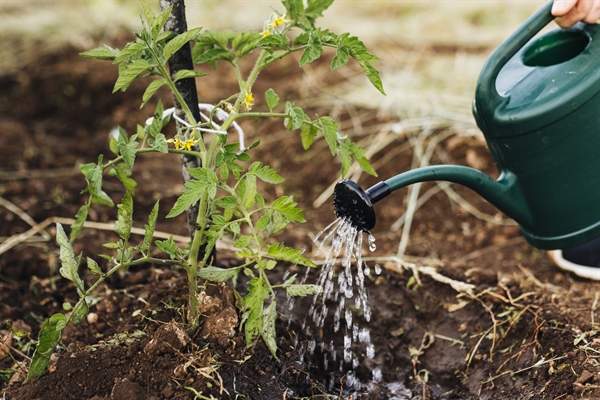
Share this idea!Food scraps and lawn waste make up about a quarter of overall family garbage, according to the Epa. Composting organic waste is a fantastic method to save land fill space and lower methane gas emissions while producing an abundant fertilizer that will help your garden soil keep moisture.
Companion Plants Resource
Additional ResourcesAlthough there are various techniques to home composting, these garden compost pointers will assist get any outdoor stack off to a good start. To keep your compost heap healthy and delighted, it requires nitrogen, carbon, air and water. Maintain this balance by feeding it equal parts green and brown ingredients. Green products-- such as veggie and fruit waste, coffee grounds, turf clippings and eggshells-- contain nitrogen.
https://smallyardbigdreams.com/knowledge-base/companion-plant-index/When the compost has a lot of fresh products, it is super essential to stir it at least when a week. Aerobic germs, which are very crucial to decay, require oxygen to grow. When oxygen levels drop (when the compost isn't stirred regularly), anaerobic germs take over the procedure,

